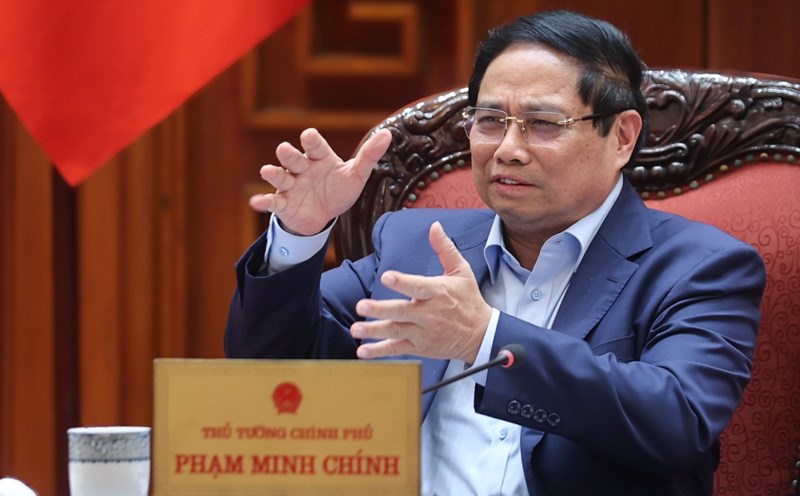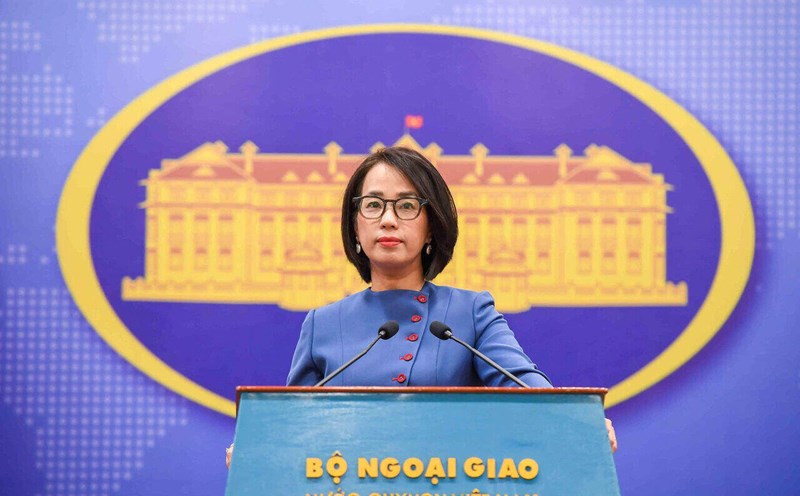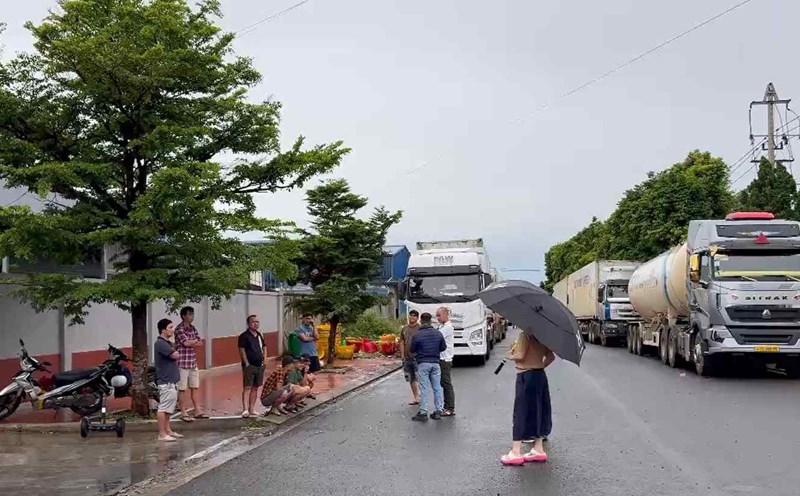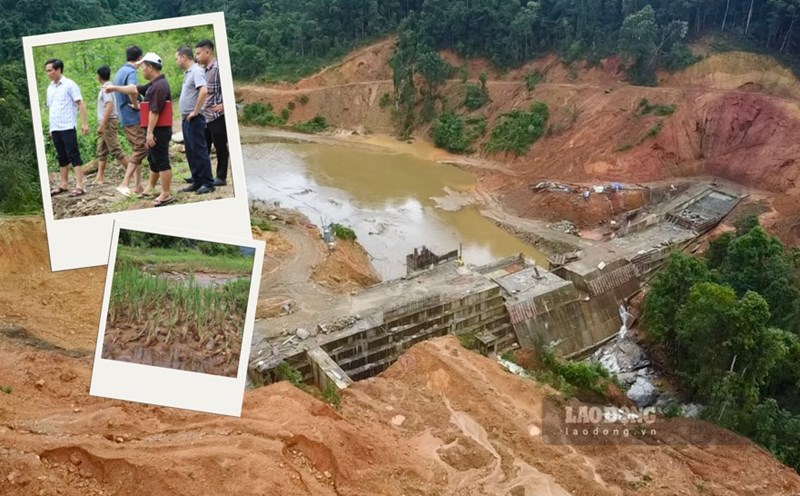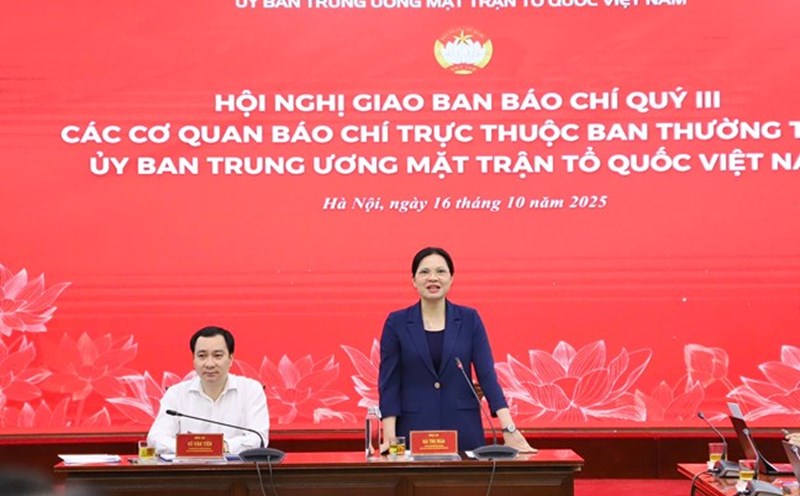On the morning of October 16, at the Government headquarters, Deputy Prime Minister Tran Hong Ha chaired a meeting to listen to a report on the development of a draft Decree regulating the assignment of tasks, orders and criteria for selecting Vietnamese organizations and enterprises assigned to provide railway industrial goods and services (draft decree).
At the meeting, the Deputy Prime Minister said that if the market is allowed to operate on its own, individual investors will not be able to form large enough enterprises, while investing in the railway industry requires huge resources.
To develop businesses sustainably, there must be a centralized mechanism and strong enough policies oriented by the State to create a market and form basic industries, independent mechanical engineering, self-diseign, self-production.
"When the State is committed, businesses will dare to invest heavily," the Deputy Prime Minister affirmed and said that there must be outstanding policies on land, taxes or research, reception, and technology transfer.
Citing the experience of China with dozens of large enterprises and thousands of supporting enterprises, the Government leader said that the State needs to proactively shape and place orders for capable enterprises, develop a component and detailed production system in the production chain, thereby forming a supporting industry for the Vietnamese railway industry.
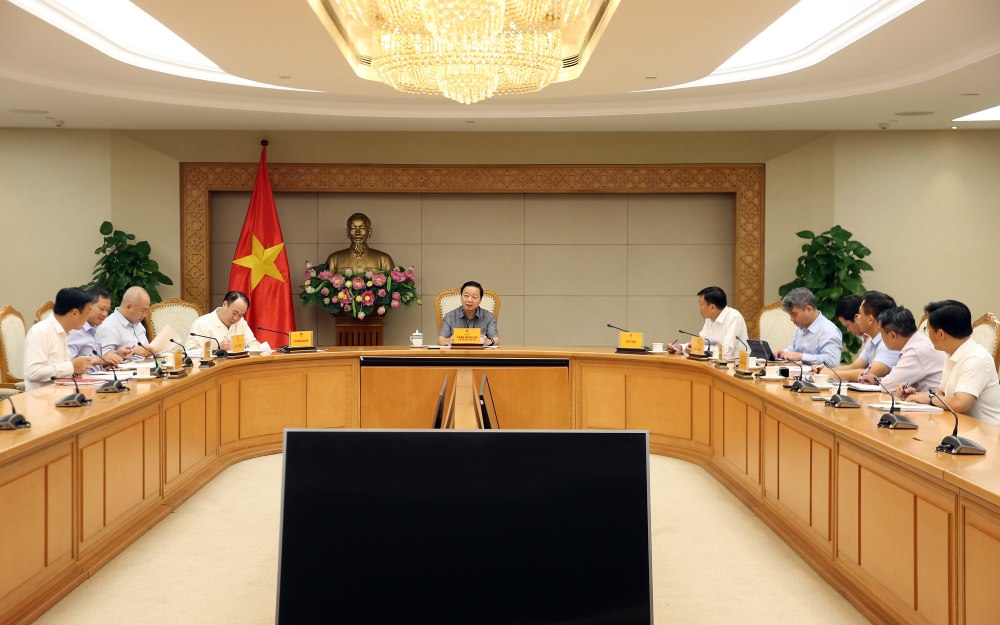
The Deputy Prime Minister emphasized that the highest goal is to form an independent, autonomous railway industry capable of mastering value chains and core technologies.
The development strategy must be placed in a clear framework, especially in the field of mechanical engineering, design and synchronous technology.
Clearly identify key product portfolio and value chains, not spread out, focusing on key areas of the railway industry.
Prioritize the development of high-speed railways, because when this sector is mastered, it will automatically master lower sub-sectors. The State needs to "reserve" unprecedented products and technologies, creating a breakthrough in domestic production capacity.
Participating enterprises must have a clear technology transfer plan, commit to increasing the localization rate gradually, have research institutes, engineer teams, design - manufacturing capacity and meet international technical standards and regulations; organize a production ecosystem, have a network of supply units below, demonstrate connecting capacity and organize a synchronous production chain.
The State needs to commit to a stable consumption market for products ordered; have outstanding incentive policies to support businesses in research, technology transfer, human resource training, and research institute development.
Regarding the ordering mechanism, the Deputy Prime Minister affirmed that the subject of the ordering is the State, not the locality or individual investors. However, this is a new, complicated and unprecedented issue, it is necessary to limit the scope of application, focusing only on some industries that do not yet exist to avoid spreading.
Ministries and branches will develop specific roadmaps, implement model and key projects; complete legal basis, registration procedures, capacity assessment; ensure specific products with high practical application.


